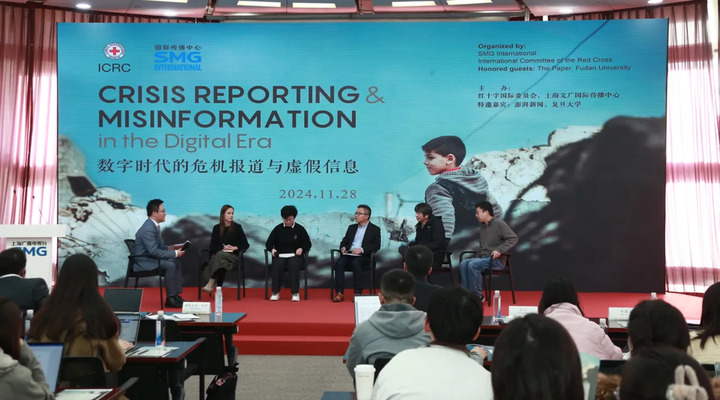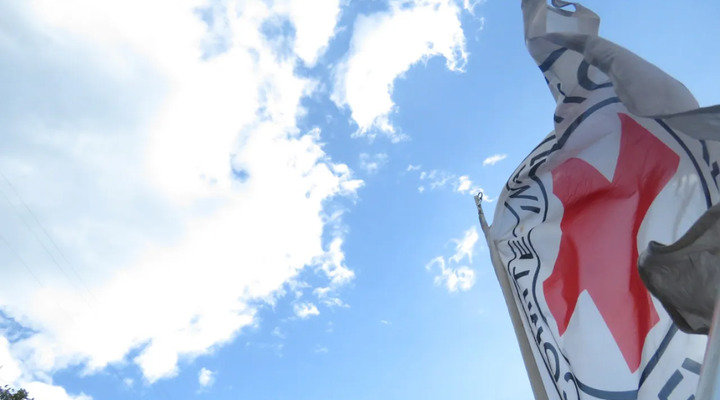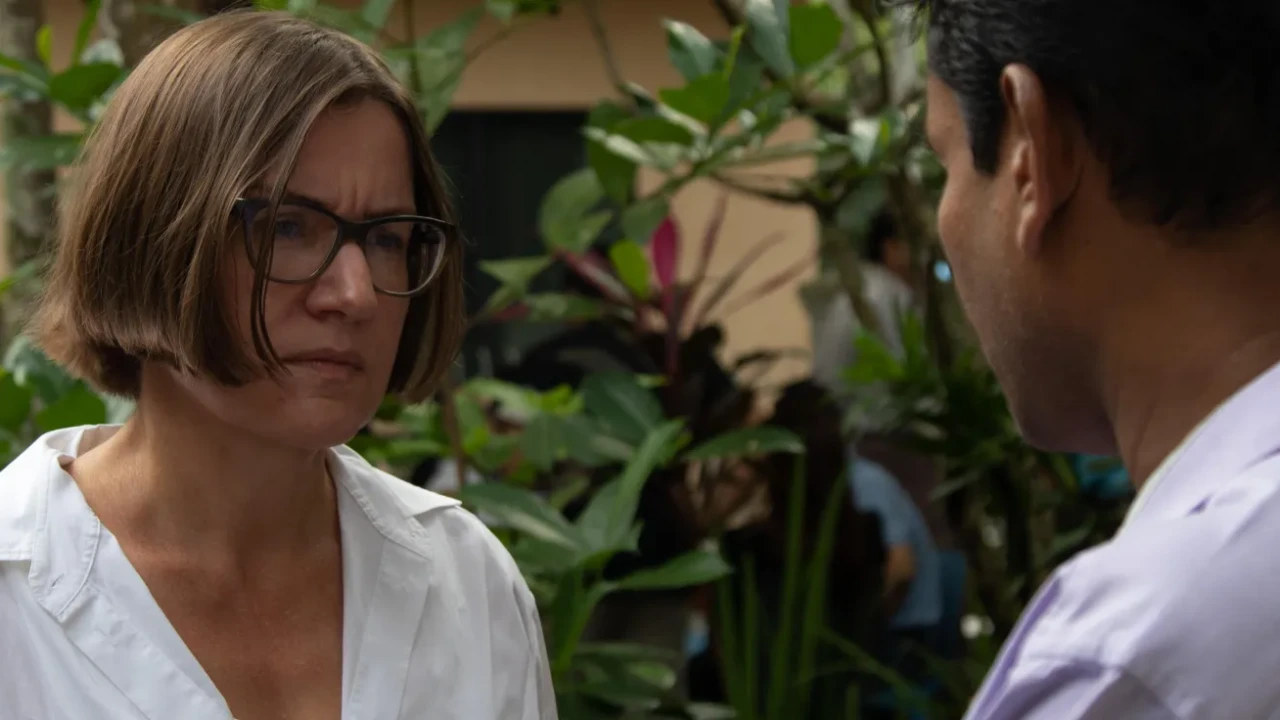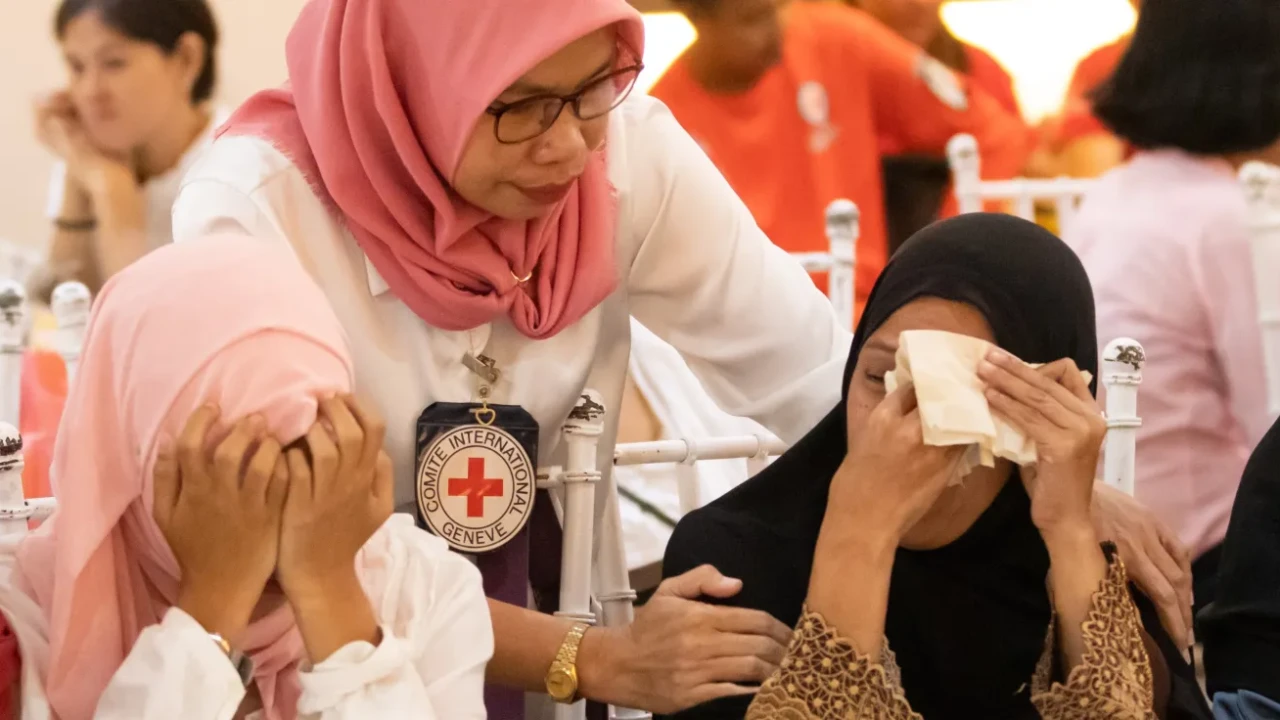Pakistan: Thousands flee as fighting intensifies
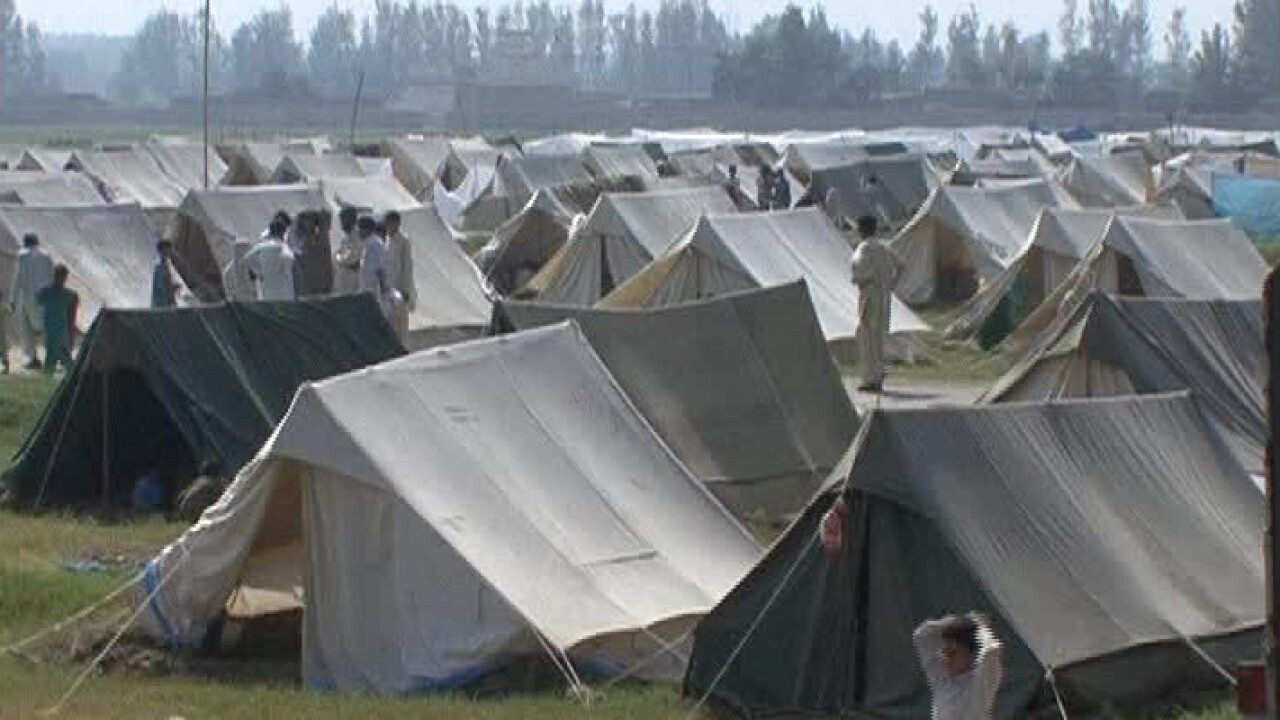
This is a modal window.
Conditions for people living in parts of north-west Pakistan have been getting steadily worse because of fighting between government forces and armed opposition groups in Bajaur Agency. Since the beginning of the armed conflict in Bajaur (August 2008), more than 200,000 people have been forced to flee to neighbouring districts in the North West Frontier Province (NWFP) and the Federally Administered Tribal Areas (FATA). Around 5,000 families have gone to Afghanistan.
In the districts of Lower Dir and Mardan, new waves of displaced people continue to arrive in camps which are already stretched to the limit. In Mardan Camp, now sheltering 5,000 people, there is no clean water supply and the camp's medical centre reports many cases of diarrhoea and other water-borne diseases.
Over the past two weeks, the conflict has intensified and the security situation in the border areas of north-west Pakistan remains extremely tense. Some of the displaced have tried to return to their homes but bombing and continued fighting make it too dangerous to stay and they have returned to the camps.
Sahid Zahab from Raghagan near Khar, capital of Bajaur Agency, has fled his home with his family, in a group of around 50 people. They are now living in Mardan displaced camp in the North West Frontier Province. They want to go home but dare not. " The forces are cheating us. They say come, and the very next day they are starting bombing again, as if they were calling us to come and get killed! " he says.
Dr. Muhammad Jan, who fled Bajaur early August after walking with his family for 60 km, had to leave his own parents behind. He lost his precious cows and buffalos in the bombings. "The most important thing we ask of the government is to stop bombing civilians and to enable us to go back to our homes," he says.
The displaced are gathering in public buildings and overcrowded areas which are often without basic facilities. The Mardan Camp Medical Centre treats around 600 patients a day. According to Dr. Salah Ud Din, "Water is very dangerous because of microbes, and clean water is not available in this camp". In NWFP, the ICRC works in close partnership with the Pakistan Red Crescent Society, giving out food and essential household items in camps in Lower Dir, Charsadda, Nowshera and Mardan, as well as to families hosting the displaced in Mardan and Swat. Further distributions are planned to help the worst affected. ICRC teams are improving the water supply and building latrines in camps in Lower Dir. Mobile medical teams are also being sent to Mardan and Lower Dir camps to cope with the rapid increase in numbers. According to Olivier Jenard of the ICRC in Geneva, the fluid and changing situation, where large numbers of people are on the move, makes it particularly difficult to get assistance where it is most needed.
The ICRC maintains contact with all parties to the conflict, reminding them of their obligation under international humanitarian law to spare and protect civilians from the effects of hostilities.
SHOTLIST ATTACHED
